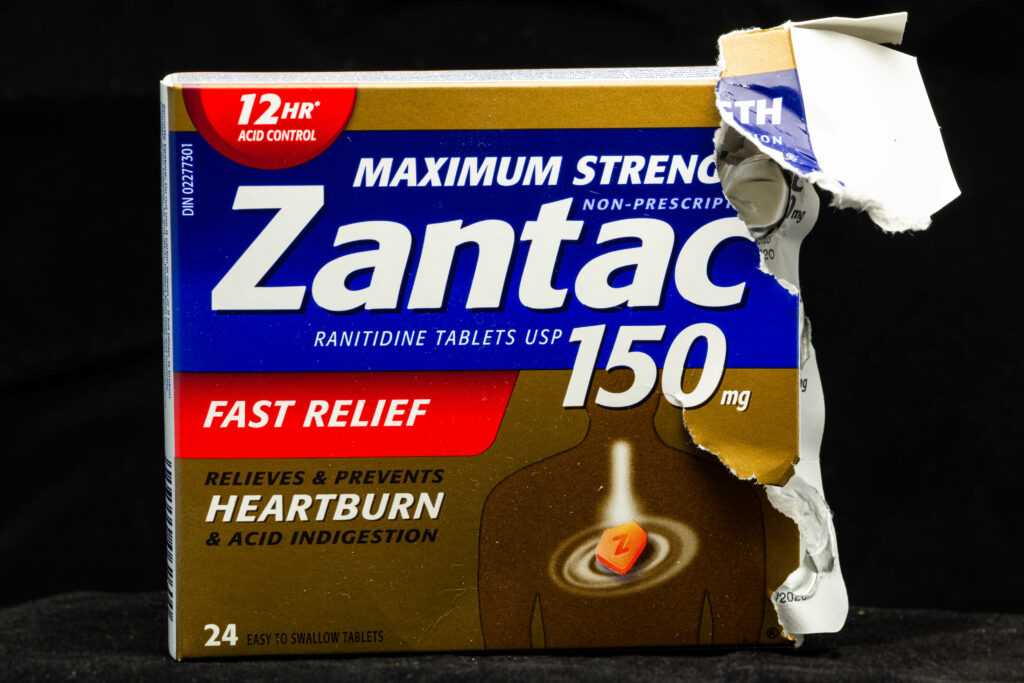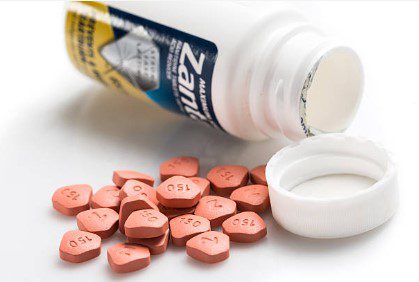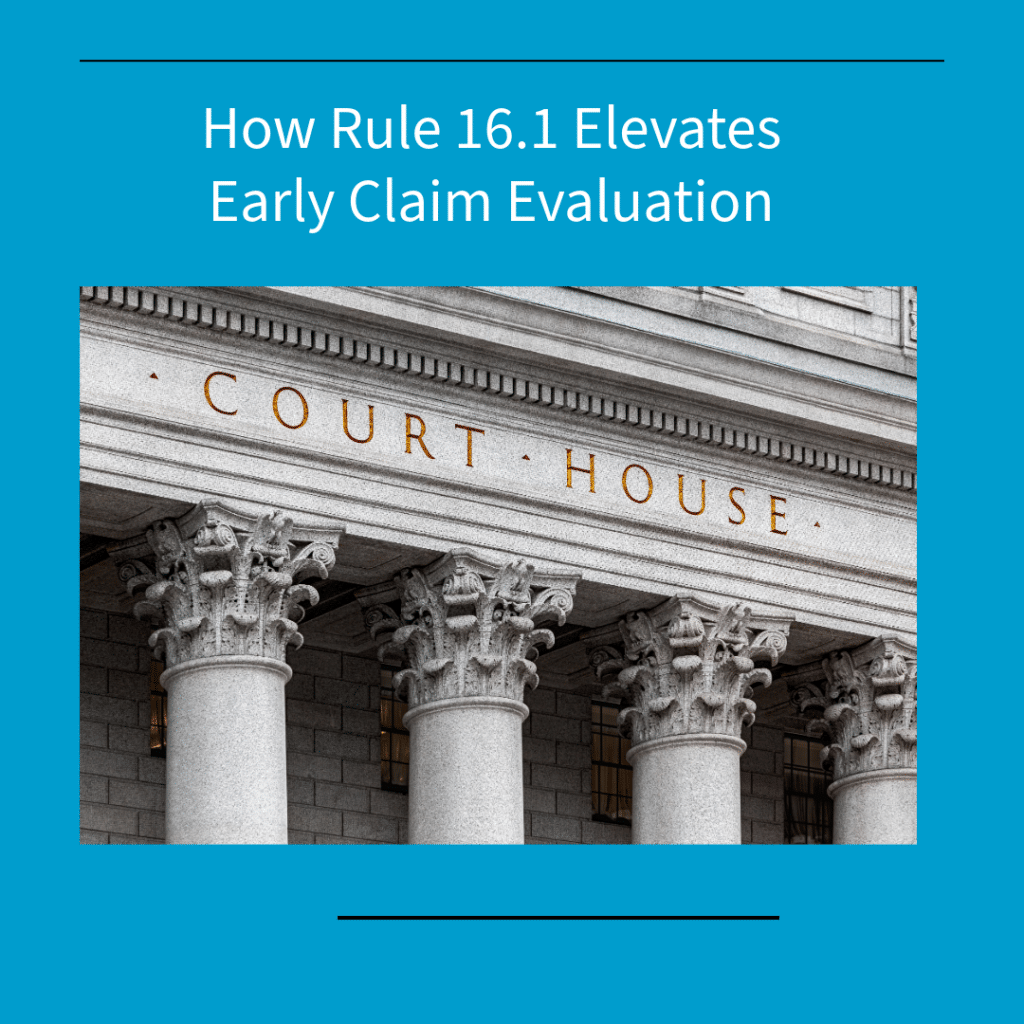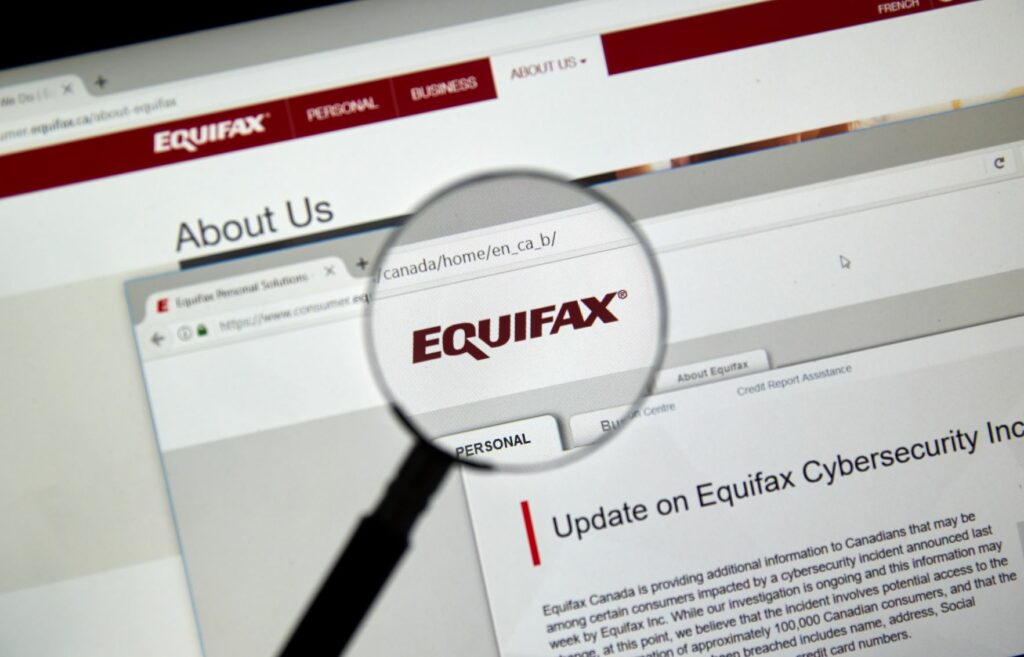1/20/2026
Status of Appeal to the Eleventh Circuit
The U.S Court of Appeals for the Eleventh Circuit has not yet rendered an opinion on whether to reverse a 2022 ruling by U.S. District Judge Robin Rosenberg of the Southern District of Florida that effectively barred testimony from the plaintiffs’ experts in thousands of Zantac lawsuits. In her ruling, Judge Rosenberg had ruled that the plaintiffs’ ten general causation experts made “analytical leaps” and used unreliable methodologies to reach the conclusion that Zantac was linked to cancer.
In related news, bellwether trials in the Connecticut state cases against main manufacturer Boehringer Ingelheim Pharmaceuticals are scheduled to begin on March 14, 2028. The order dated December 15, 2025 outlined the following schedule:
- On or before January 16, 2026, the parties will file briefs on the issue of cases being grouped together in sets of five or tried individually
- On or before January 23, the parties will file a joint proposed case management order
- The parties will confer on the form of a Plaintiff Fact Sheet
- A remote status conference is scheduled for January 27, 2026.
On November 25, Boehringer Ingelheim won a defense verdict in Cook County Circuit Court in Illinois where over the past year and a half there have been six other defense verdicts. There was also another defense verdict in California’s Alameda Superior Court.
In Philadelphia’s Zantac cases, the parties agreed to extend the deadline by which the defendants must respond to a motion requesting that the judge be disqualified.
10/23/2025
Court of Appeals Hears Oral Argument on District Court Ruling Tossing Zantac Cases
Oral arguments were held before a three-judge panel of the Eleventh Circuit on October 10, 2025, during which counsel for Zantac users sought to overturn the 2022 order that effectively precluded all the plaintiffs’ experts issued by U.S. District Judge Robin Rosenberg, the judge overseeing the MDL.
In her 341-page opinion and order, issued in December, 2022, Judge Rosenberg determined that the methodologies employed by the plaintiffs’ ten general causation experts were flawed and unreliable per the U.S. Supreme Court’s ruling in Daubert v. Merrell Dow Pharmaceuticals Inc., the case that outlined the standards of scientific validity and applicability to be used when admitting expert testimony. In rebutting the lower court’s findings, counsel for the plaintiffs argued that the judge had actually evaluated the science and improperly come to its own conclusion and served as a decision maker regarding the experts’ opinions instead of a gatekeeper, charged with ensuring the methodologies to be employed were reliable and adhered to established science.
The MDL was formed in 2020, consolidating thousands of claims brought by consumers who claimed that their use of the popular heartburn medication, Zantac, contained a possible carcinogen known as N- nitrosodimethylamine, or NDMA, that caused them to develop cancer. That same year, manufacturer Sanofi had pulled the drug off the shelves in response to a 2019 U.S. Food and Drug Administration report finding NDMA in ranitidine-based medications like Zantac. Plaintiffs allege that Sanofi along with other manufacturers that included Pfizer, GlaxoSmithKline and Boehringer Ingelheim knew that under certain circumstances ranitidine would metabolize, resulting in unsafe levels of NDMA but never warned users.
There was no indication by the 11th Circuit regarding when it would rule on the issue.
Notwithstanding the effective dismissals by Judge Rosenberg of the MDL claims there are thousands of Zantac cases filed across the country in state courts, predominantly Delaware, California and Illinois with trials ongoing.
For law firms managing mass tort and class action cases, staying on top of the Zantac litigation is critical. This complex legal landscape has seen significant developments in both federal and state courts, with a recent trend of outcomes favoring drug manufacturers. Verus is committed to providing up-to-the-minute insights to help you navigate this litigation effectively.
This article synthesizes key events, including major court rulings, expert witness challenges, and trial outcomes, to offer a comprehensive overview. We will continuously update this page with the latest news, so be sure to bookmark it for future reference.
Federal Litigation: The MDL and Key Rulings
The federal multidistrict litigation (MDL) for Zantac (In Re: Zantac (Ranitidine) Products Liability Litigation, MDL 2924) was consolidated in the U.S. District Court for the Southern District of Florida under Judge Robin L. Rosenberg.
A major turning point in the MDL occurred on December 6, 2022, when Judge Rosenberg issued a 341-page opinion granting summary judgment in favor of the drug manufacturers—including GlaxoSmithKline (GSK), Pfizer, Sanofi, and Boehringer Ingelheim. This decision effectively dismissed over 50,000 pending claims. The judge’s ruling centered on a finding that the plaintiffs’ scientific experts used unreliable methodologies to link ranitidine (the active ingredient in Zantac) to cancer. She determined that their testimony was inadmissible under the Federal Rule of Evidence 702 and the Daubert standard, which requires expert testimony to be both reliable and relevant.

In a separate but related ruling, Judge Rosenberg also dismissed all claims against manufacturers of generic ranitidine, citing federal law preemption. She reasoned that generic manufacturers could not have changed their product labels to add warnings, as they are required by federal law to use the same label as the brand-name drug.
Plaintiffs have appealed the federal MDL dismissal to the U.S. Court of Appeals for the Eleventh Circuit. Oral arguments for this appeal were scheduled for October 6, 2025, a critical date that could determine the future of the federal cases. We are monitoring this development closely.
State Court Litigation: Varying Rulings and Trial Outcomes
While the federal MDL has seen a broad dismissal of cases, state court litigation has been a more varied battleground. There have been thousands of lawsuits filed across the country, with key developments in Delaware and Illinois.
Delaware’s Shifting Tides
In Delaware, a key victory for plaintiffs came in May 2024, when Judge Vivian Medinilla of the Superior Court of Delaware ruled against the manufacturers’ Daubert challenges and allowed the testimony of plaintiffs’ expert witnesses. This decision, which permitted nearly 75,000 cases to proceed, was a significant departure from the federal MDL ruling. However, this was later reversed.
On July 24, 2025, the Delaware Supreme Court sided with the manufacturers, throwing out all plaintiffs’ experts. This decision mirrored the federal court’s finding and dealt a significant blow to the state-level cases in Delaware.
The Illinois Bellwether Trials
Illinois has been a central hub for state court trials. In a series of bellwether trials, juries have consistently ruled in favor of the drug manufacturers.
- In May 2024, a Cook County, Illinois jury found in favor of GSK and Boehringer Ingelheim in the first Zantac jury trial in the U.S.
- In a separate trial in July 2025, an Illinois jury refused to link a plaintiff’s prostate cancer to his use of Zantac, again ruling for Boehringer Ingelheim.
- Subsequent trials in Cook County, including a case involving colorectal cancer, have also resulted in verdicts for the defense or mistrials, with no jury yet to find that Zantac caused a plaintiff’s cancer.

These outcomes align with the defendants’ public stance that the scientific evidence does not support a link between Zantac and cancer. GSK has repeatedly cited 16 epidemiological studies that support this position.
The Science Behind the Litigation
At the heart of the litigation is the claim that ranitidine, the active ingredient in Zantac, can degrade into N-nitrosodimethylamine (NDMA), a probable human carcinogen. The U.S. Food and Drug Administration (FDA) issued a warning in 2019 after finding trace amounts of NDMA in Zantac. The agency later requested the removal of all ranitidine products from the market in April 2020.
Plaintiffs’ claims against manufacturers of Zantac allege that these companies were aware of the potential for ranitidine to degrade into NDMA, particularly when exposed to heat, and failed to adequately warn consumers. Conversely, defendants argue that they are not liable, pointing to the lack of consistent and reliable scientific evidence linking their product to cancer.
How Can Verus Help Your Case Management Law Firm?
The Zantac litigation saga demonstrates the complexities of managing mass tort cases. The outcomes in federal and state courts, the challenges to expert testimony, and the ongoing appeals highlight the need for robust, data-driven litigation support. Our services are designed to help your firm with everything from claims audits to litigation data management, ensuring you have the information you need to build and manage your cases effectively.
We understand that every detail matters in these high-stakes cases. As the Zantac litigation continues to evolve, we will provide ongoing updates to this page. Our team is ready to assist your practice with the latest insights and tailored services. Contact us today to learn how we can support your law firm.







